How hiking helps you sleep
A new medical article claims hiking improves the quality of your sleep, so we set out to understand how it works
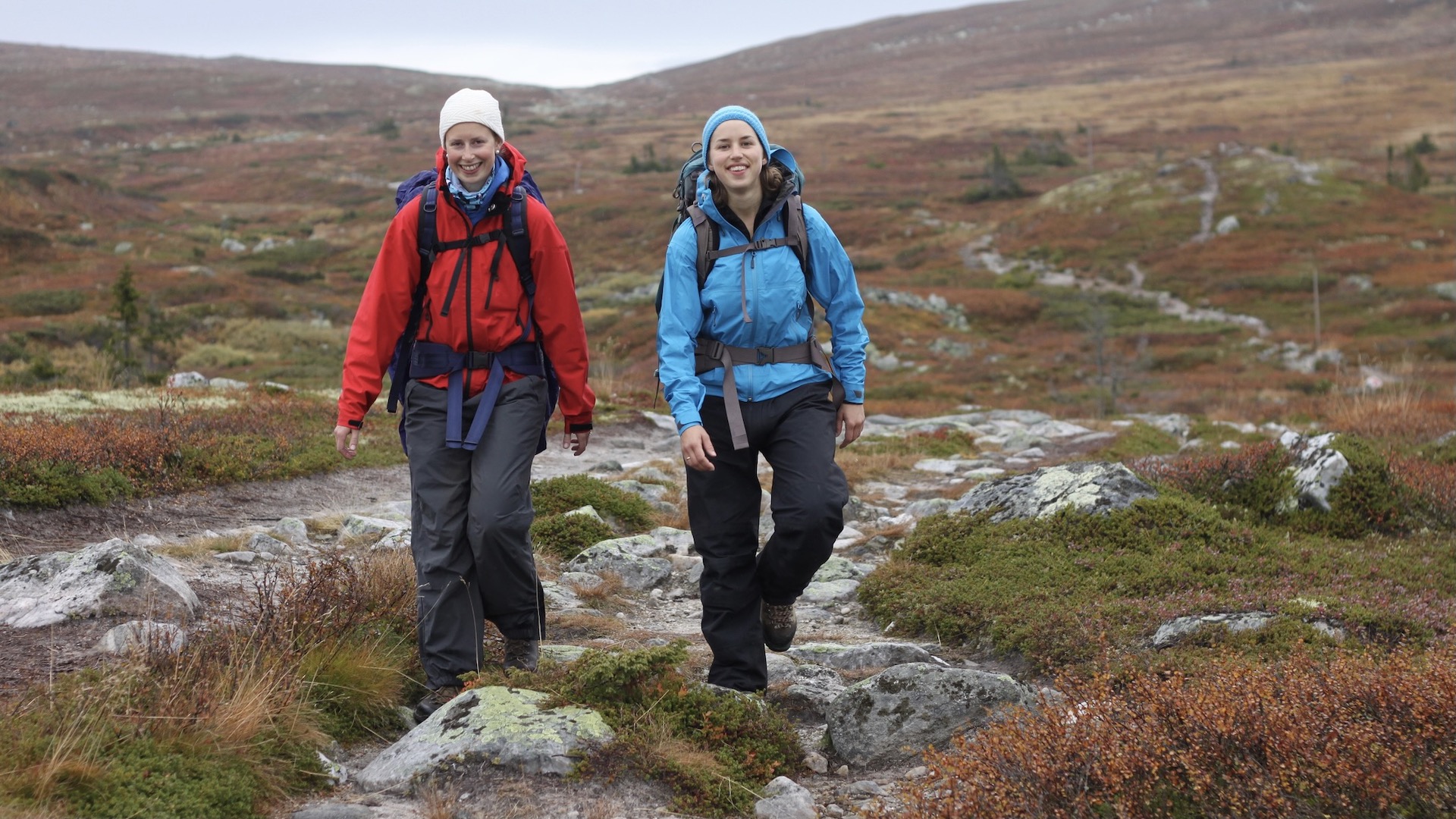
If you’re planning to get out in the hills and do a lot more hiking in the coming months, chances are you’re already armed with a glut of good reasons why – hiking is great for your cardiovascular strength, strengthens your legs and wins you the most beautiful views around. But now, scientists have come up with yet another compelling reason for you to invest in a pair of the best hiking boots this year and actually use them – it turns out that hiking can help you sleep. A new article by the Cleveland Clinic lists improved sleep as one of the top reasons to hit the trail, and they’re not the only ones to come to this conclusion – back in 2019, a study published in Sleep Health found that on days where participants took more steps, they reported better quality of sleep.
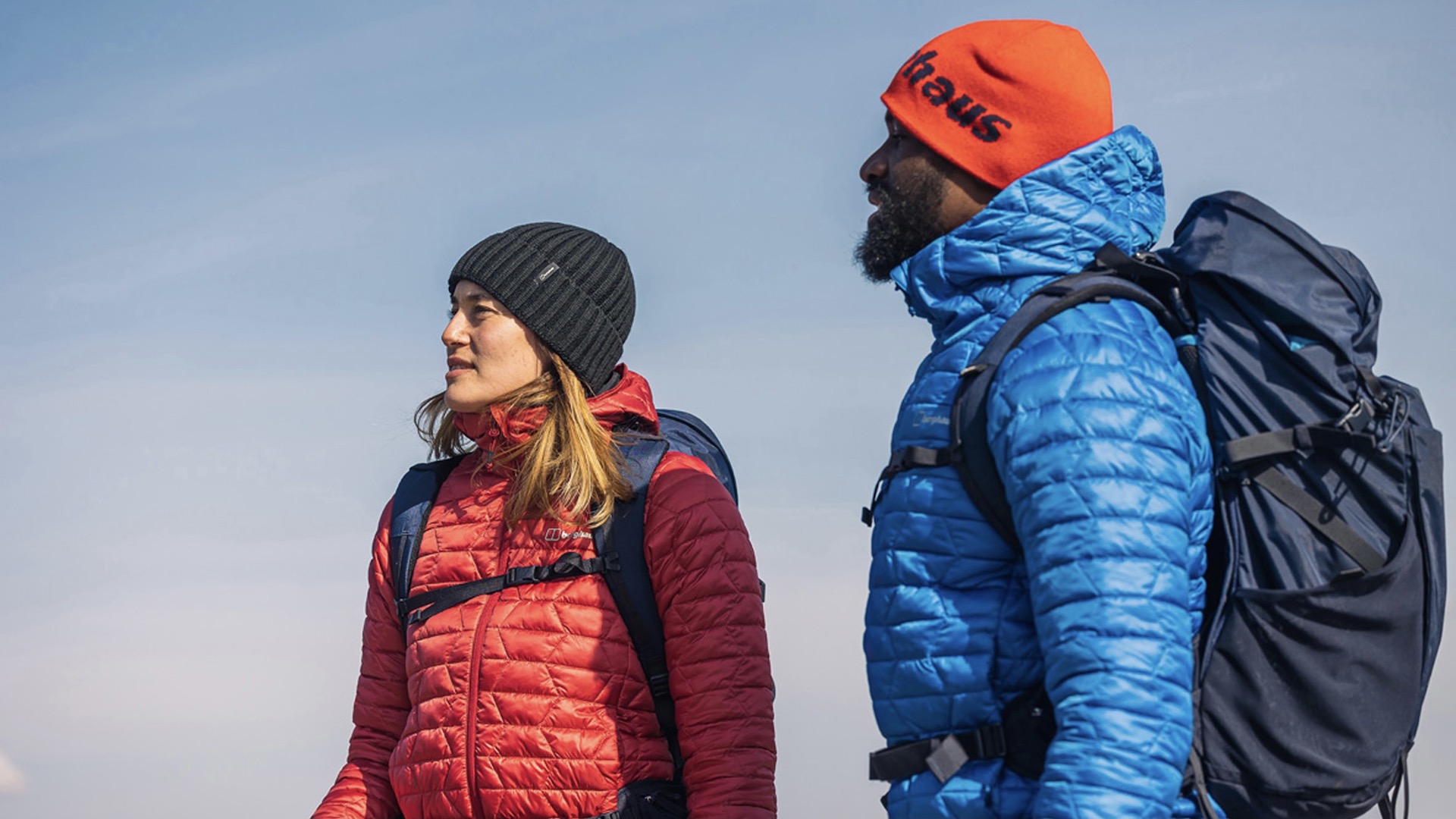
Of course, you might be thinking that a long day of walking in the hills simply tires you out, so naturally you’d expect a good snooze that night, but if you struggle with sleep, you know that tiredness and sleep don’t necessarily go hand in hand. Further, as you may have discovered, strenuous exercise sometimes has the opposite effect and actually leads to a frustratingly sleepless night. So what’s so special about hiking when it comes to improved sleep? In this article, we explain three ways that hiking works to help you sleep, and hopefully encourage you to make hitting the trails a priority this year.
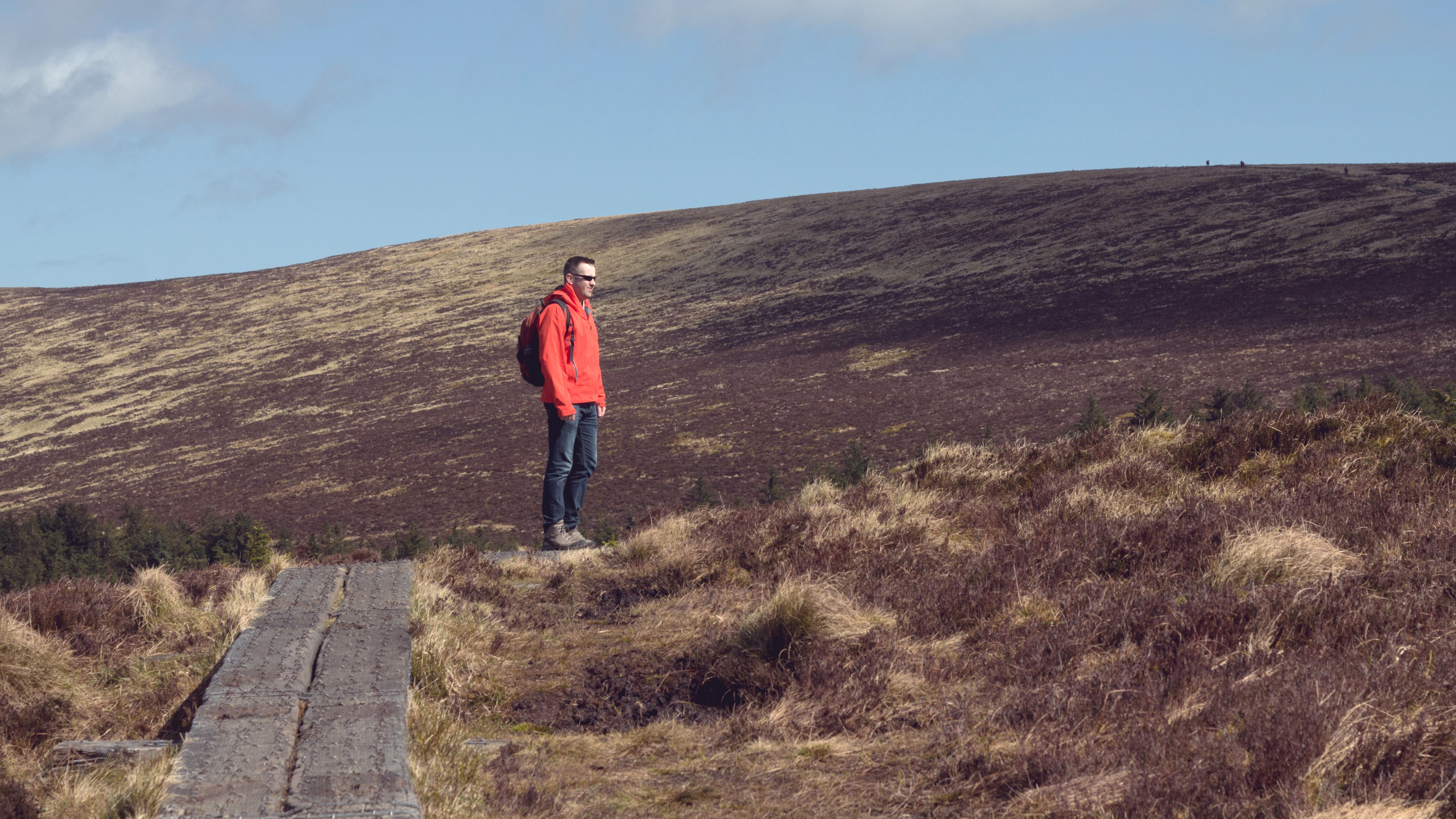
1. Changes in body temperature
In the short term, meaning the night after you’ve been out on a hike, the Cleveland Clinic specifically identifies changes to your body temperature as playing a key role in improving your sleep. Exercising (and being outside in the warmer months) will naturally raise your body’s temperature, which you might be thinking isn’t very conducive to sleep, and you’d be correct. We previously spoke to Dr. Abhinav Singh, Medical Review Expert at SleepFoundation.org and Medical Director of the Indiana Sleep Center, on this very topic, and he confirmed that your body has to cool down in order for you to sleep.
However, the Cleveland Clinic explains that when you get home and your internal temperature goes back down, it can effectively “lull you into sleep.” Of course, if you stay warm, it won’t have this effect, so Dr. Singh advises that you make a point to carry a water bottle and stay hydrated, since dehydration raises your body temperature, then have a post-hike cool down routine, including a cool shower, turning on fans, and avoiding alcohol and spicy foods. Of course you’ll also want to time your hike for early in the day so that you have lots of time between getting back to the trailhead and bedtime to cool off.
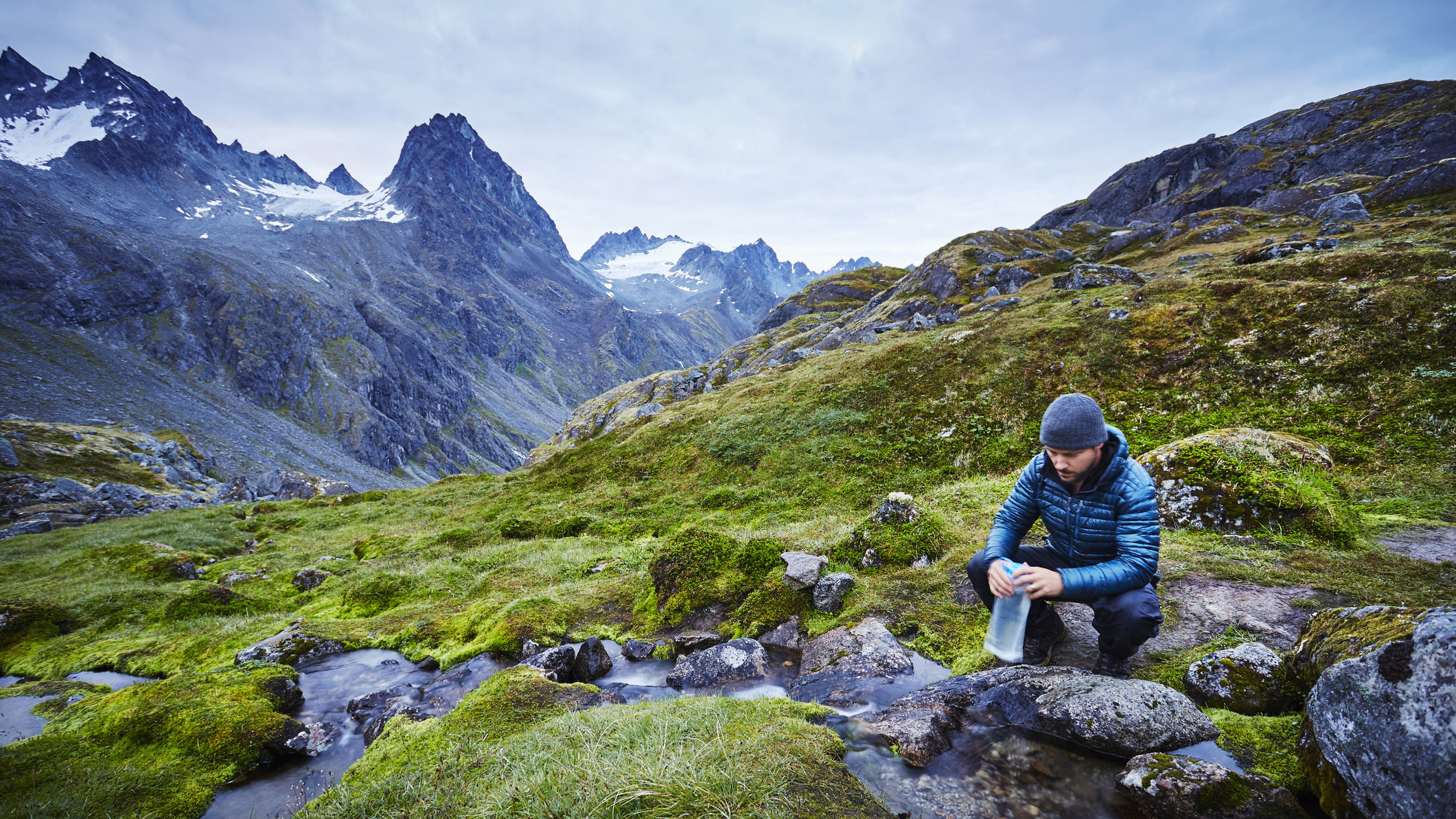
2. Boost in vitamin D production
One great night of sleep can certainly do wonders for your sense of wellbeing, but you probably can’t go hiking every day, so are there any longer term sleep effects associated with hiking? Whereas exercise and physical activity generally has been associated with better sleep, hiking may have an edge over the stairmaster at the gym, and that’s because exposure to sunlight means your body creates vitamin D. Vitamin D is responsible for lots of vital processes in your body, including regulating your wake-sleep cycle according to the Cleveland Clinic and backed up by a 2020 study in the journal Current Pharmaceutical Design which further explains that vitamin D is involved in the pathways of production of Melatonin, AKA “the sleep hormone.”
Your body will create vitamin D when you’re exposed to sunlight – even when it’s cloudy and even despite wearing sunscreen, according to the Skin Cancer Foundation. Sunlight won’t, however, penetrate windows, so get outside and be sure to time your hikes so you’re out there in the middle of the day, practice good sun protection and you may see long term benefits to the quality of your sleep.
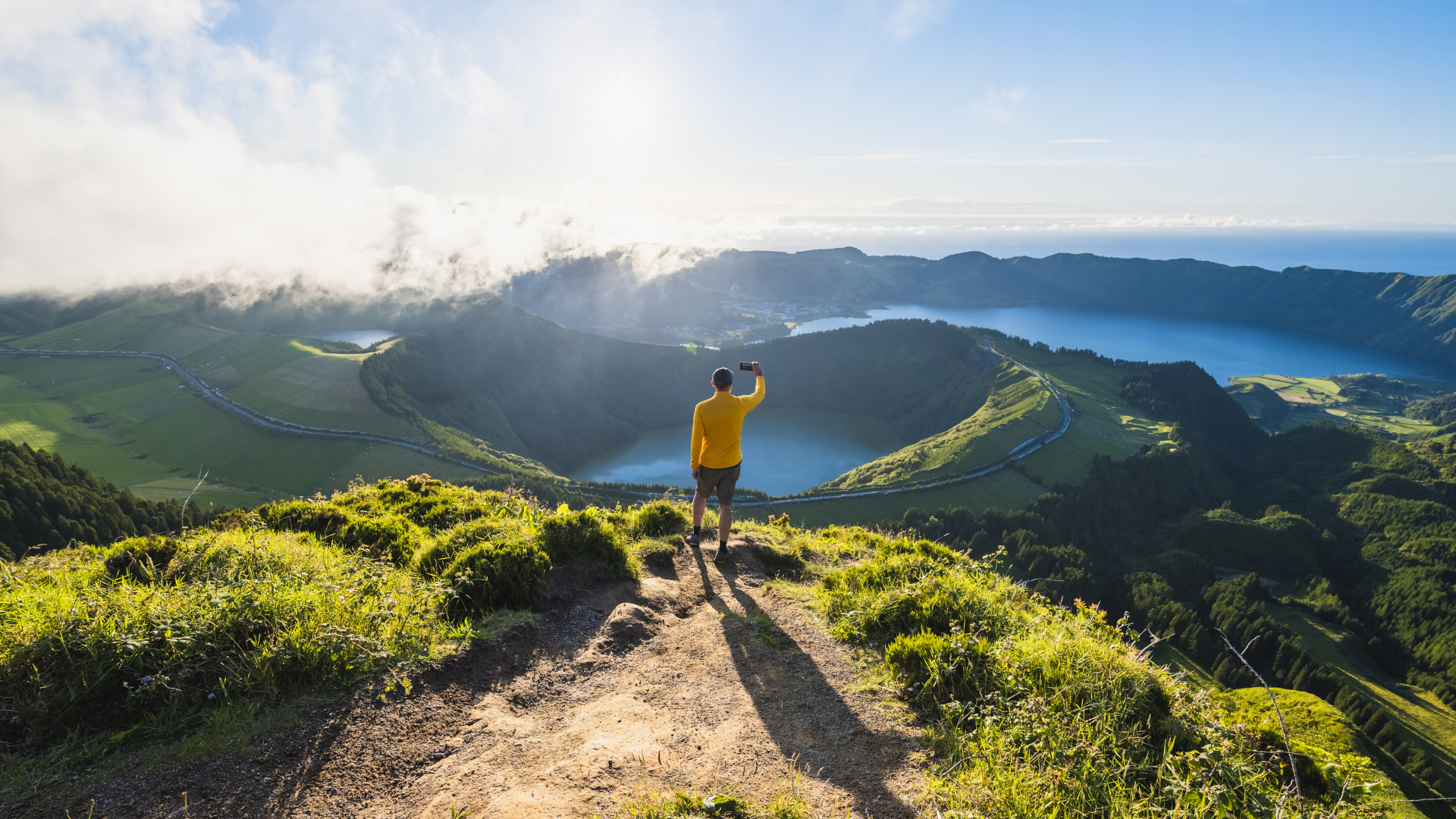
3. Lower stress levels
Finally, as compared to some other types of exercise, there’s a growing body of evidence linking hiking to stress relief, which in turn is associated with better sleep. Again, the key to hiking promoting mental and emotional wellbeing largely comes down to the setting – because you always do it in nature and never in a gym or an urban area. Research such as a 2015 study in Proceedings of the Natural Academy of Science found that participants who went on a 90 minute walk through a natural environment reported lower levels of rumination (focusing on negative content) and showed reduced activity in an area of the brain linked to risk for mental illness compared with those who walked through an urban environment.
All the latest inspiration, tips and guides to help you plan your next Advnture!
So while you can get a lot of the physical benefits of hiking by doing other forms of physical exercise, you can’t really replace the immersion into natural surroundings. Of course, this also means that you can shift other exercise modalities that you love, such as running and yoga, out into natural areas and also reap the mental benefits of so-called “green exercise.” In fact, you could even boost the effects by meditating outdoors during or after your hike.
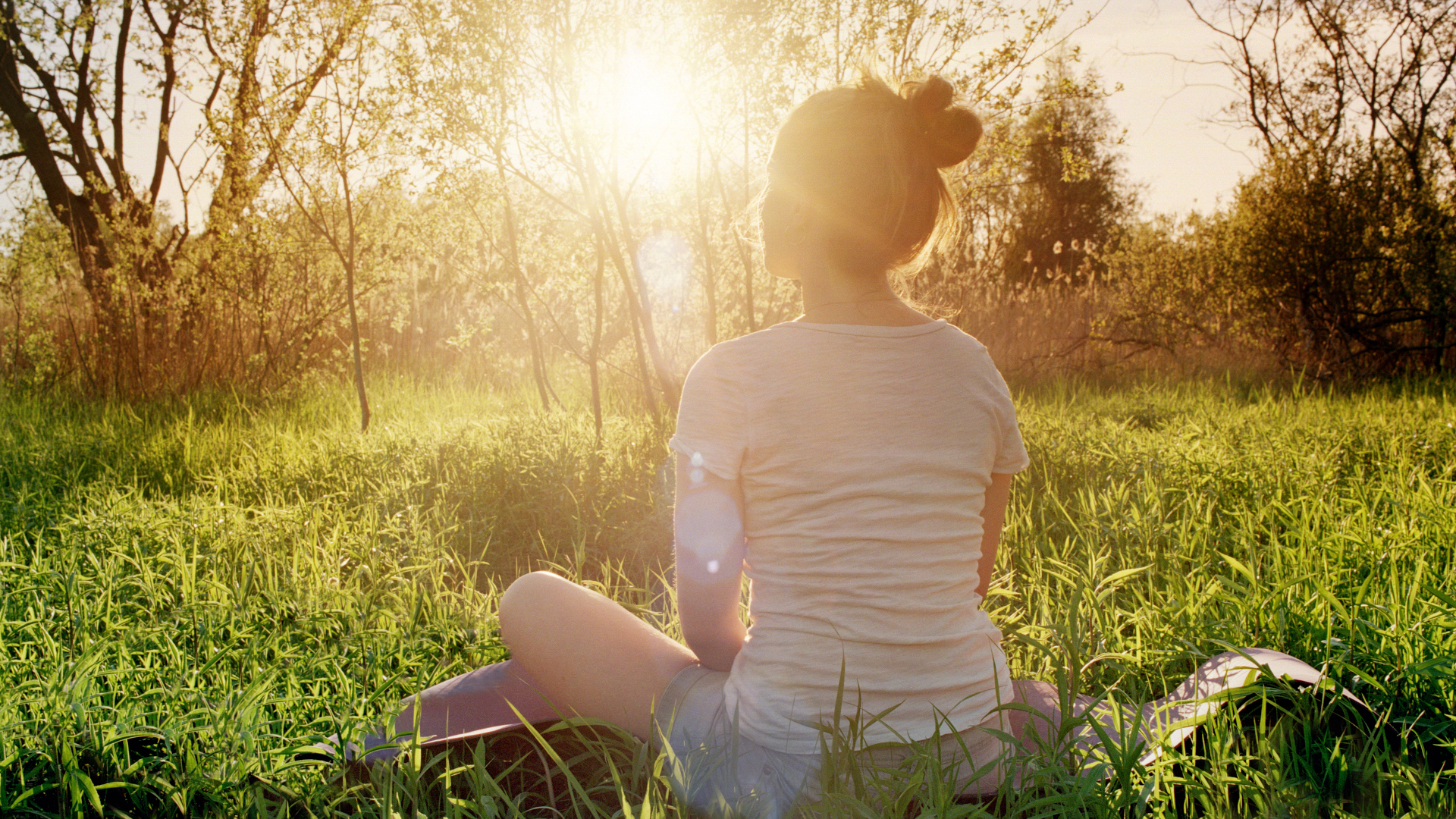
So there you have it – yet another reason to add to your list to start hiking more. And remember, better quality and longer sleep improves recovery, which means that you’ll be able to tackle longer and harder hikes in the future too, if you want to, and that might earn you even more spectacular views.
- Best sleeping bags: have your most comfortable night ever
Julia Clarke is a staff writer for Advnture.com and the author of the book Restorative Yoga for Beginners. She loves to explore mountains on foot, bike, skis and belay and then recover on the the yoga mat. Julia graduated with a degree in journalism in 2004 and spent eight years working as a radio presenter in Kansas City, Vermont, Boston and New York City before discovering the joys of the Rocky Mountains. She then detoured west to Colorado and enjoyed 11 years teaching yoga in Vail before returning to her hometown of Glasgow, Scotland in 2020 to focus on family and writing.

